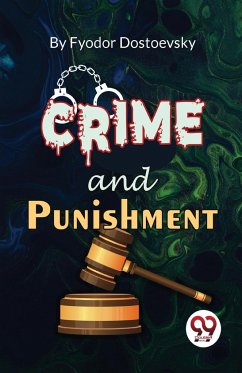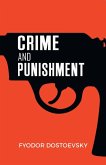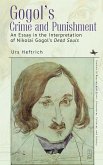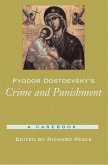Fyodor Dostoevsky's psychological book "Crime and Punishment" examines the ethical and psychological consequences of committing a crime. The plot centres on Rodion Raskolnikov, an underprivileged young student from St. Petersburg who decides to murder a pawnbroker in order to get her money. Raskolnikov battles guilt and paranoia after the crime, and as he seeks to avoid the repercussions of his conduct, his mental and physical health suffers. Several individuals with connections to Raskolnikov, including as his family, acquaintances, and the police officer looking into the murder, are also followed throughout the story. Dostoevsky explores topics like poverty, morality, redemption, and the essence of justice via his short stories. Raskolnikov finally confesses to the crime and accepts his penalty, which results in his ultimate redemption as he becomes more and more isolated and tortured by his guilt. The book explores the human mind and the effects of moral failings in a nuanced and thoughtful manner. Ultimately, "Crime and Punishment" is a fascinating and challenging book that explores human nature and the effects of our choices, captivating and challenging readers in the process. It is regarded as a masterwork of psychological realism and one of the finest literary works in the Western canon.
Hinweis: Dieser Artikel kann nur an eine deutsche Lieferadresse ausgeliefert werden.
Hinweis: Dieser Artikel kann nur an eine deutsche Lieferadresse ausgeliefert werden.








